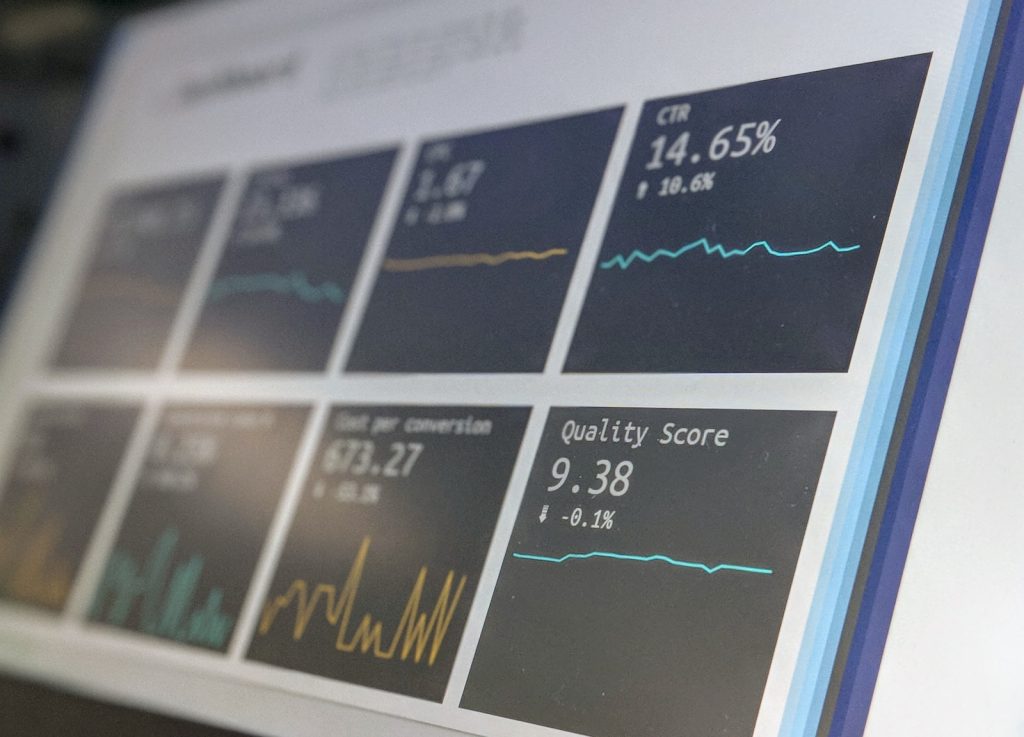In the ever-evolving landscape of finance, the integration of Artificial Intelligence (AI) has emerged as a transformative force. At our organization, we recognize the power of AI to revolutionize the way financial services are delivered, paving the way for enhanced efficiency, improved decision-making, and unprecedented opportunities. Let us delve into the world of AI and finance and explore the remarkable impact it holds.
Unleashing the Potential of AI in Financial Services
AI has the potential to revolutionize every aspect of financial services, from banking and investment to risk management and customer service. Through advanced algorithms and machine learning, AI can analyze vast amounts of data with lightning speed, identify patterns, and make predictions that drive strategic decision-making. With AI, financial institutions can streamline operations, automate processes, and deliver personalized experiences to their clients.
Enhanced Efficiency and Automation
One of the key benefits of AI in finance lies in its ability to enhance efficiency and automate mundane tasks. Routine processes such as data entry, compliance checks, and fraud detection can be automated, freeing up valuable time and resources for financial professionals to focus on higher-value activities. AI-powered chatbots and virtual assistants also enable seamless customer interactions, providing real-time support and personalized recommendations, leading to improved customer satisfaction and loyalty.
Data-Driven Decision Making
In an era of data overload, AI enables financial institutions to extract meaningful insights from vast datasets, empowering them to make data-driven decisions. By leveraging AI’s predictive capabilities, financial professionals can assess risk more accurately, identify market trends, and optimize investment strategies.

AI-powered tools can analyze market conditions, news sentiment, and historical data to generate accurate forecasts, enabling investors to make informed choices and maximize returns.
Fraud Detection and Risk Management
Financial institutions face increasing challenges in combating fraud and managing risks. AI plays a crucial role in enhancing security and risk mitigation through advanced fraud detection algorithms. By analyzing transaction patterns, user behavior, and historical data, AI can identify anomalies and potential fraudulent activities in real-time. This proactive approach helps prevent financial losses and safeguard the integrity of the financial system.
The Human Touch in AI and Finance
While AI offers immense possibilities, it is essential to maintain a balance between automation and the human touch. The role of financial professionals remains crucial in leveraging AI effectively. By combining their expertise with AI-powered tools, financial professionals can deliver tailored solutions, build trusted relationships, and provide personalized advice. The human touch ensures empathy, critical thinking, and ethical decision-making, which are essential in the realm of finance.
Regulatory Compliance and Ethical Considerations
As AI becomes more prevalent in the financial sector, regulatory compliance and ethical considerations take center stage. Financial institutions must ensure that AI-driven processes adhere to regulatory frameworks, data privacy laws, and ethical guidelines. Transparency, fairness, and accountability are key principles that must govern the development and implementation of AI systems in finance.
Embracing the Future of AI and Finance
The future of AI and finance is incredibly promising, holding vast potential to drive innovation, improve efficiency, and foster financial inclusion. At our organization, we are dedicated to embracing this future and empowering financial professionals to leverage AI effectively. Through ongoing research, collaboration, and continuous learning, we aim to shape the future of finance and deliver exceptional value to our clients.


